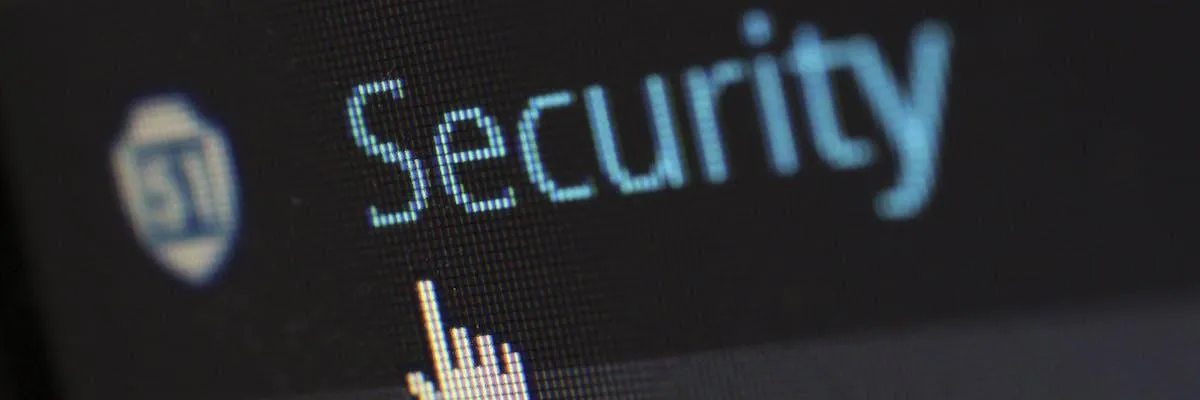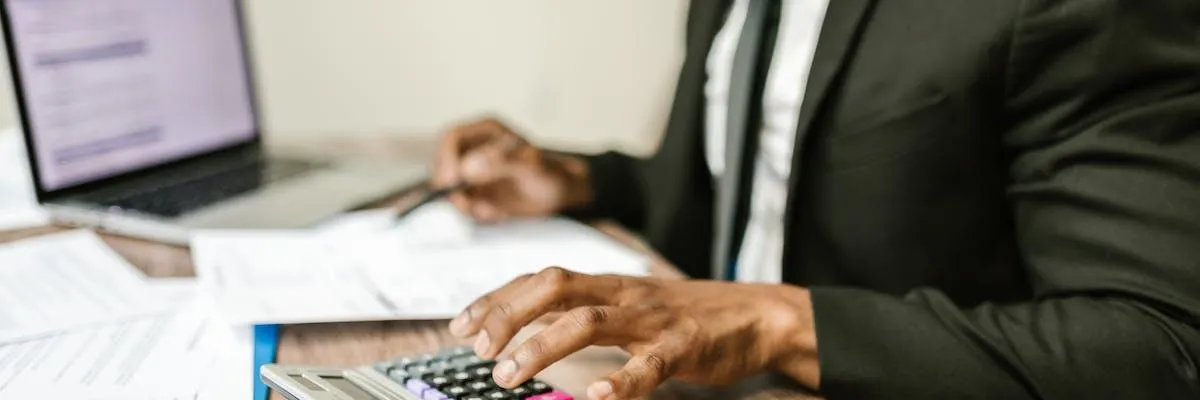How to Check if Your Bank Account is Hacked and What to Do Next
In today’s digital age, safeguarding our finances is more important than ever. Cyber threats have become increasingly sophisticated, and the fear of having your bank account hacked is a common concern. This guide will help you identify if your account is compromised and outline the steps you should take next.
How to Check if Your Bank Account is Hacked
It’s crucial to stay vigilant and actively monitor your transactions for any unusual activity. Here are some key steps to help you determine if your bank account has been hacked:
- Review Bank Statements Regularly: Keep an eye on your bank statements and online activity for unfamiliar withdrawals or unauthorized transactions.
- Utilize Security Features: Activate real-time alerts for transactions over a certain amount or logins from unknown devices. Many banks offer mobile apps to make monitoring easier.
- Detect Early: If you receive alerts for unauthorized transactions or notice discrepancies in your balance, report them to your bank immediately.
Identifying the Responsible Party

Be aware of both external and internal threats to your account security.
Understanding who might be responsible for hacking your bank account can guide your response:
- External Threats: These often involve phishing, malware, or cybercriminals attempting to breach your account. Stay cautious of phishing schemes and unsolicited messages requesting personal details.
- Internal Threats: Although rare, threats can stem from compromised bank systems or insiders. Collaborate with your bank’s investigation team to address any suspicions of internal breaches.
Immediate Actions to Take When Your Bank Account is Hacked
Discovering that your bank account has been hacked can be distressing. Acting quickly is crucial to mitigate potential damage:
Contact Your Bank Immediately
Reach out to your bank’s customer service or fraud hotline as soon as you suspect unauthorized activity. Inform them of any suspicious transactions.
Freeze or Block Your Account
Request your bank to freeze or block your account to prevent further unauthorized transactions. This measure secures your funds while the bank investigates.
Change Passwords and Enable Two-Factor Authentication
Change your online banking passwords, PINs, and access credentials. Enable two-factor authentication for added security.
Review and Document Unauthorized Transactions
Document any unauthorized transactions, noting dates, amounts, and details. This documentation is essential for reporting the incident.
File a Police Report
If unauthorized transactions involve criminal activity, file a report with local law enforcement and obtain a copy for your bank.
Strengthening Security Measures
Enhancing your digital defenses is crucial after a hacking incident. Here are some steps to improve your account security:
- Change Passwords Regularly: Use strong, unique passwords with a mix of letters, numbers, and special characters.
- Enable Biometric Authentication: Utilize fingerprint or facial recognition if available for an added security layer.
- Monitor Account Activity: Set up alerts for transactions and report any suspicious activities promptly.
- Keep Software and Antivirus Updated: Ensure your devices have the latest security updates and antivirus software.
- Use Secure Wi-Fi Connections: Avoid public Wi-Fi for online banking and opt for secure networks.
- Beware of Phishing Attempts: Verify the legitimacy of communications before responding to requests for information.

Stay informed about the latest security updates and threats.
Takeaway
Maintaining the security of your bank account requires ongoing vigilance and proactive measures. By taking these actionable steps, you can effectively monitor and prevent future security breaches. Cybersecurity is a continual effort, and staying vigilant is key to safeguarding your financial information.
In summary, dealing with the concern of a hacked bank account requires quick action, collaboration with your bank, and a commitment to cybersecurity. By spotting signs of a breach, cooperating with your bank’s investigation, and reinforcing your account’s security, you can establish a robust defense against potential threats. Stay informed about the evolving cybersecurity landscape and implement these best practices to protect your financial assets.

Securing your financial future involves both individual and institutional responsibility.
By adopting these practices and maintaining open communication with your bank, you can confidently answer the question, “What to do if your bank account is hacked?” In our era of digital transactions, the responsibility for securing our financial well-being extends from financial institutions to individuals, highlighting the importance of cybersecurity awareness and diligence.











